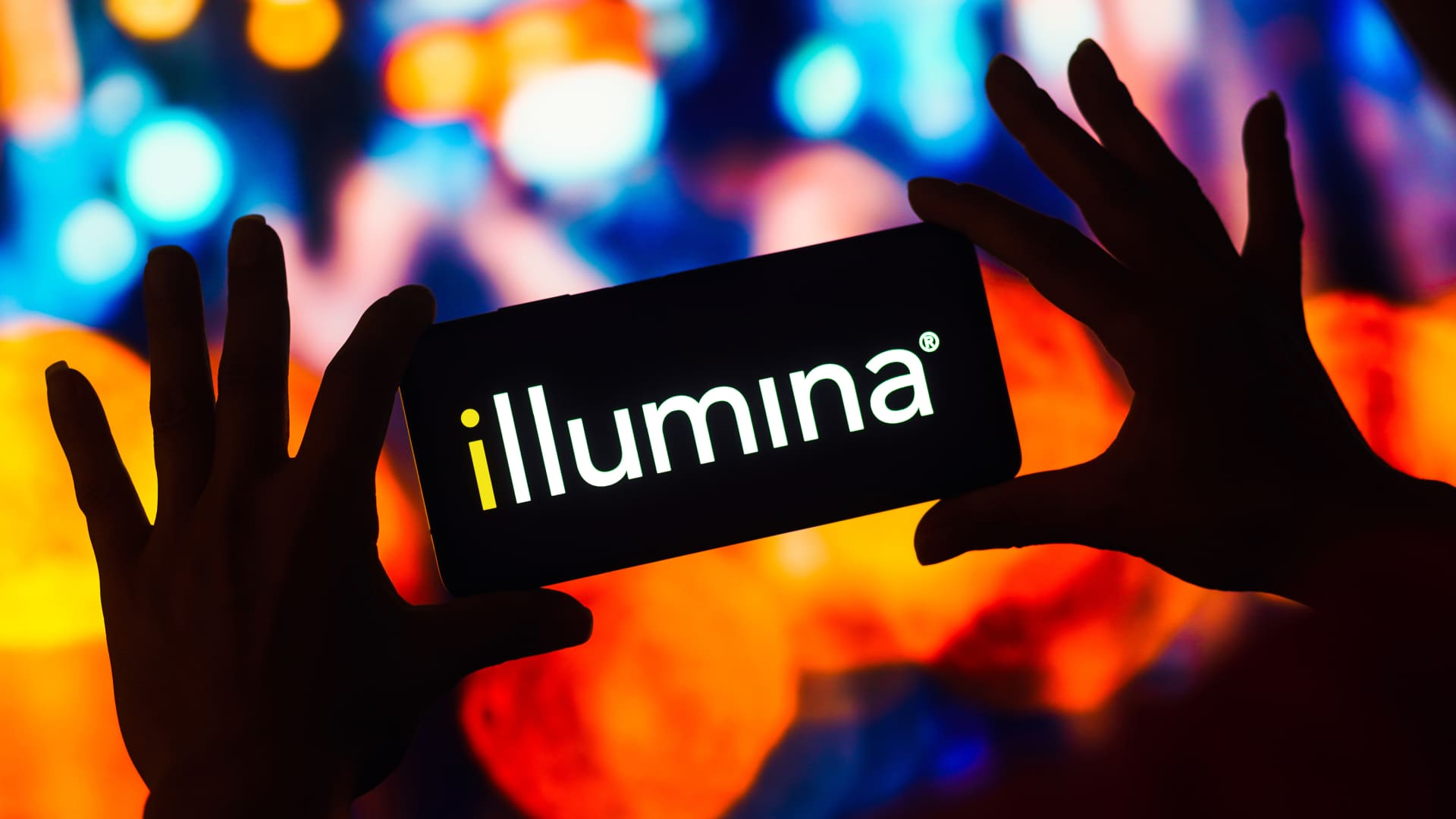Activist investor Carl Icahn on Thursday won enough support from Illumina shareholders to oust the biotech company’s board chair.
Shareholders booted Chairman John Thompson. An Illumina spokesperson said a new chair will be chosen in the next few weeks.
Icahn had urged shareholders to vote off the company’s CEO, Francis deSouza, and Thompson from the nine-member board. DeSouza survived the proxy fight.
Shareholders also voted to install one of Icahn’s three board nominees, Andrew Teno, a portfolio manager at Icahn Capital LP, an entity where Icahn manages investment funds.
The vote was announced after Illumina’s annual meeting, marking a decisive end to a two-month proxy fight between Icahn and the company over a controversial acquisition.
Illumina, in a statement, thanked Thompson for his service over the years, saying his executive and business experience was deeply valued.
Earlier this month, proxy advisory firm Institutional Shareholder Services recommended that Illumina shareholders back Teno.
Icahn, who owns a 1.4% stake in San Diego-based Illumina, had proposed two other director candidates who are his current or former employees.
The vote is a blow to Illumina, which has claimed Icahn’s three nominees lack “relevant skills and experience” and would “threaten the progress” of the biotech company’s core DNA sequencing business.
Battle over Grail acquisition
Icahn has accused Illumina’s executive management and board of poor oversight, particularly with regard to the company’s $7.1 billion acquisition of cancer test maker Grail in 2021.
He has called on the company to unwind the “absurd and questionable” deal and oust deSouza “immediately.”
Icahn has slammed the executive for receiving a massive pay bump despite a steep drop in the company’s market value.
Illumina’s market cap has plunged to roughly $33 billion from about $75 billion in August 2021, the month it closed the Grail acquisition.
Much of Icahn’s resistance to the deal stems from Illumina’s decision to close it without approval from antitrust regulators in the U.S. and Europe.
The Federal Trade Commission in April ordered Illumina to divest itself of the acquisition over concerns that it would stifle competition and innovation.
The FTC’s decision reverses an administrative judge’s September ruling, which dismissed the agency’s initial challenge to the deal.
The European Commission, the executive body of the European Union, also blocked the deal last year over similar concerns.
Illumina is appealing both orders and expects final decisions in late 2023 or early 2024.
The company has repeatedly defended its acquisition of Grail.
DeSouza told CNBC last month that the deal “makes sense” because Illumina can significantly expand the market for Grail’s early screening test, which can detect more than 50 types of cancers through a single blood draw.
The CEO also touted Grail’s 100% revenue growth during the first quarter compared with the same period a year ago.
In 2022, Grail generated around $55 million in revenue. Illumina expects it to make up to $110 million this year.
Icahn encountered his own criticism during the proxy battle.
Notable short seller Hindenburg Research accused Icahn Enterprises of being overvalued and likened it to “Ponzi-like economic structures.”
Icahn Enterprises has called those claims “misleading and self-serving.”
— CNBC’s Spencer Kimball contributed to this report.
